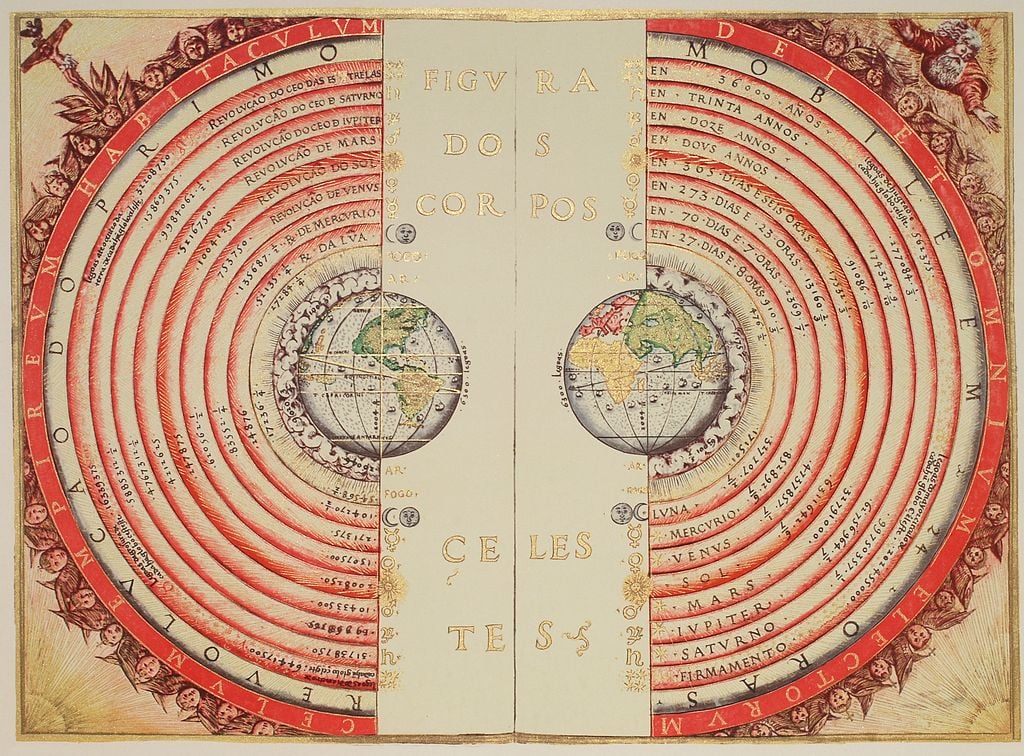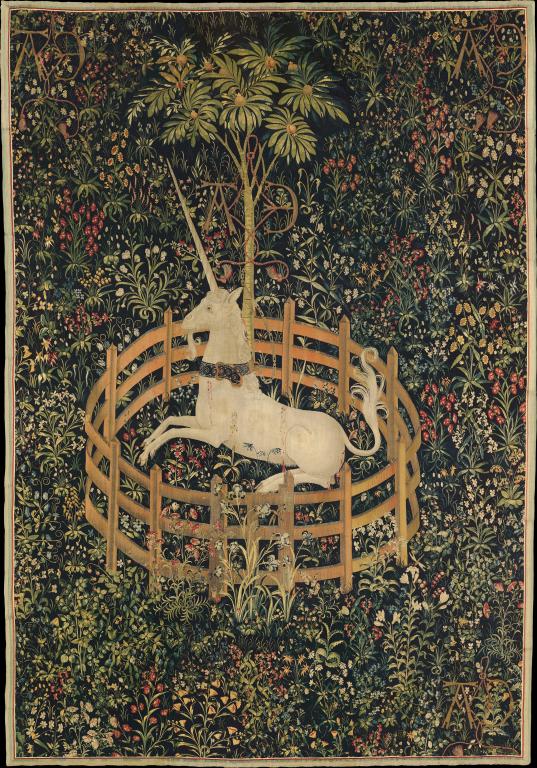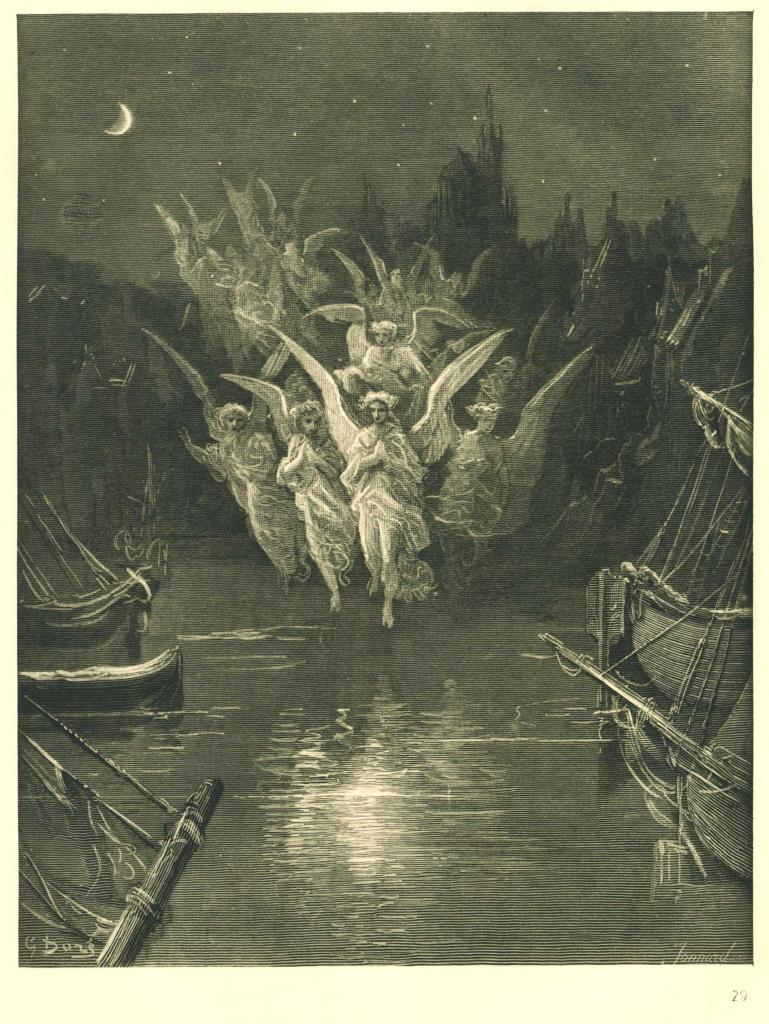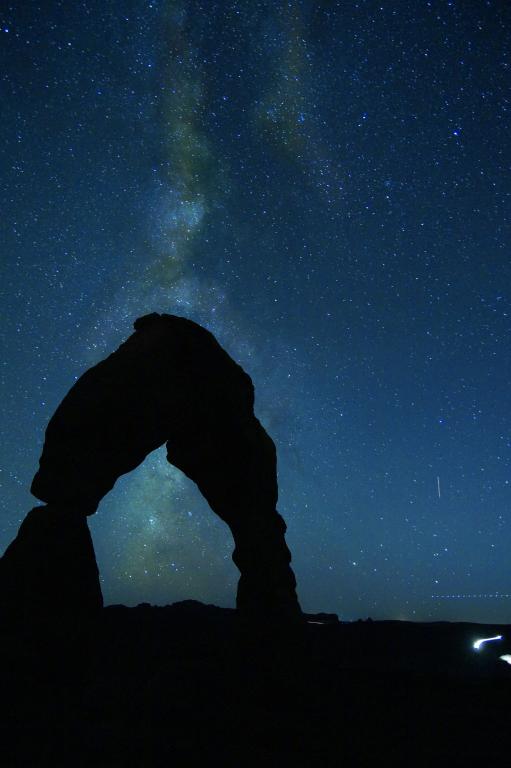David Russell Mosley

English: Figure of the heavenly bodies – Illuminated illustration of the Ptolemaic geocentric conception of the Universe by Portuguese cosmographer and cartographer Bartolomeu Velho (?-1568). From his work Cosmographia, made in France, 1568 (Bibilotèque nationale de France, Paris). Notice the distances of the bodies to the centre of the Earth (left) and the times of revolution, in years (right). The outermost text says: “The heavenly empire, the dwelling of God and of all of the elect”
Date Original work, 1568. Photo taken in 2008
Source Own work
Author Bartolomeu Velho (Public Domain)
Ordinary Time
2 March 2017
The Edge of Elfland
Hudson, New Hampshire
Dear Readers,
I want to talk to you about Joy. It has been an obsession of mine of late. I began to notice its influence on me most at the tail end of the last liturgical year and the start of this one. I began to describe myself as one formed by and for Joy. I began to realize that, at my core, I am joyful. Even in my darkest moments, of which I have had several lately, Joy has been there prodding me with his great, pudgy finger, trying to get me to laugh.
Joy, or perhaps better Jove, has been an overriding figure for me lately. In fact, there has been something of a perfect storm of joviality. First, I have discovered that many use the greeting “Joyful Lent.” This is a wonderful thing to learn for my first Lent as a Catholic (almost anyway). Perhaps joy and Lent seem at odds. After all, Lent is a time to remember our sins, to fast, to remember that we are but dust and to dust we shall return. And yet, Lent is not an end in itself. It is a means to an end and that end is Easter, Pascha, the resurrection of our Lord and Savior. What more joyful or more jovial event is there in the Christian calendar (Christmas being a very close second)? What is more, there is a jovial character to Easter. By that I mean Easter reminds us not only of the joy of the Gospel, but of the kingliness of Christ. Put to death by the leaders of this world, in part for claiming a kingship higher than theirs, Christ’s sovereignty is legitimized by his resurrection. Christ is Lord, not Caesar.
And this would have been more than enough, except that, thanks in part to my annual re-read of Lewis’ Cosmic Trilogy, I have begun a keen interest in Medieval Cosmology, particularly the spiritual aspects of it. This has led me to purchase and begin reading Michael Ward’s groundbreaking Planet Narnia: The Seven Heavens in the Imagination of C. S. Lewis. If you’re unfamiliar with this work, Ward proposes that Lewis’ Chronicles of Narnia are organized around the seven planets of the Ptolemaic model of the universe: Luna (the Moon), Mercury, Venus, Sol (the Sun), Mars, Jupiter, and Saturn. Each book in the Narniad represents or is represented by one of these seven planets. I’ve only just finished his chapter on The Lion, the Witch and the Wardrobe, which Ward argues is governed by Jupiter. In this chapter, Ward takes us through the place of Jove throughout Lewis’ work, not only in LWW. And I have to say, so far I find his arguments compelling, but then I find myself in a place where I am already inclined to do so. It is not only Joy, but kingliness that reigns in Lewis’ use of Jupiter. Lewis, it seems had a particular fascination with Jupiter, one I hope to explore more later.
And still, these two places of joy would have been enough, but they are not alone. Yesterday, Michael Martin wrote more about his Sophia Option, which as I have said before, is really just a re-branding of his Radical Catholic Reimagination of Everything. “My project,” says Martin, “starts in joy and ends in joy: the joy of creation, the joy of salvation.” Martin wants to bring about a renewal of culture, similar to that of Rod Dreher’s Benedict Option, “But,” says Martin “the renewal of culture, it is my contention, cannot come about without two necessary (and intimately related) things: a cosmological awareness and a sacramental sensibility. Otherwise, we are cut off from the source of life (zöe) and have no life in us (John 6:53).” In one sense, Martin’s cultural, Catholic project is a coming together of the two themes I’ve listed above. His cosmological awareness (which he primarily focuses on the relationship of the seasons of the natural world to the seasons of the liturgical calendar) aligns with my readings in Medieval cosmology. His sacramental sensibility relates to my recognition of a Joyful Lent. This isn’t a perfect analogy, and there’s much more I could say here, but the key is Joy, Joviality, Jocundity.
I believe these outpourings of Joy in various aspects of my life are not coincidental, and so I will be pursuing them. In fact, for the next 6 weeks, I will write you at least one letter dealing with Joy. I hope to follow up more on Lewis and the Medieval cosmology. I hope to follow up more on Martin’s Sophia Option. And above all, I hope to follow up more on how Lent can be Joyful.
I leave you with lines about Jove from C.S. Lewis’ poem “The Planets.”
Sincerely,
David
…. Soft breathes the air
Mild, and meadowy, as we mount further
Where rippled radiance rolls about us
Moved with music – measureless the waves’
Joy and jubilee. It is JOVE’s orbit,
Filled and festal, faster turning
With arc ampler. From the Isles of Tin
Tyrian traders, in trouble steering
Came with his cargoes; the Cornish treasure
That his ray ripens. Of wrath ended
And woes mended, of winter passed
And guilt forgiven, and good fortune
Jove is master; and of jocund revel,
Laughter of ladies. The lion-hearted,
The myriad-minded, men like the gods,
Helps and heroes, helms of nations
Just and gentle, are Jove’s children,
Work his wonders. On his white forehead
Calm and kingly, no care darkens
Nor wrath wrinkles: but righteous power
And leisure and largess their loose splendours
Have wrapped around him – a rich mantle
Of ease and empire….












